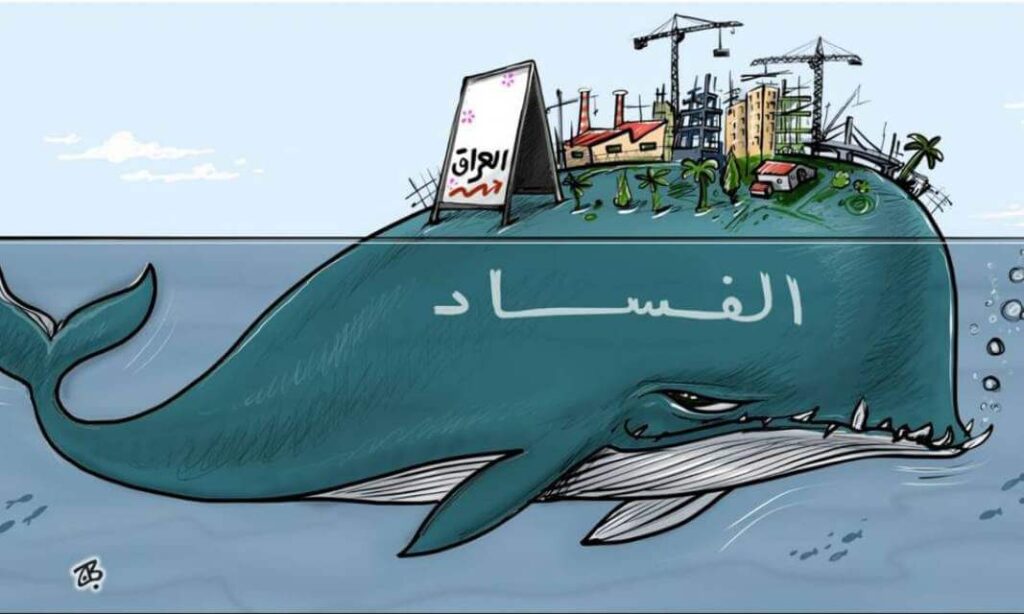On the morning of October 7 last year, the independent journalist Sherwan Shirwani’s family woke up to a horrifying scene. A large police force stormed their home in the suburbs of Erbil, the capital of the Kurdistan Region of Iraq. Shirwani was chased inside the house and had a gun pressed to his head before being arrested on serious charges: espionage. This was not an isolated incident but rather a chapter in the ongoing systematic political repression within a region that is supposed to be a model of democracy and autonomy in the Middle East.
For over 15 years, Shirwani has written courageous, critical articles exposing the rampant corruption within the Kurdistan Regional Government, dominated by the Barzani and Talabani families—two dynasties controlling politics, the economy, and security. Instead of addressing these criticisms, the authorities chose to respond with violence and suppression, viewing journalists and activists as threats to their entrenched power.
Shirwani’s case is far from unique. In October, five individuals from northwest Kurdistan were arrested on similar charges following their participation in peaceful protests against delayed public sector salaries in 2020. Their subsequent trials, which resulted in lengthy prison sentences, were condemned by Human Rights Watch for serious violations of fair trial standards and political interference at the highest levels.
Despite these violations, Western powers—relying on Kurdistan as a strategic ally against terrorism—have remained largely silent or downplayed these abuses. Kurdistan, which gained semi-autonomy following the imposition of a no-fly zone in 1991, is seen as a bastion of stability in a turbulent region, playing a crucial role in defeating ISIS in Iraq and Syria. This strategic significance has fostered a reluctance to openly criticize its human rights record.
However, this silence enables an authoritarian political system marked by dynastic control. The Barzani and Talabani families dominate everything—from parliament and government ministries to security agencies—creating a theatrical display of multiparty democracy while maintaining a monopoly on real power.
The economic crisis worsens this situation. Despite Kurdistan’s vast oil wealth, there are serious questions about the whereabouts of the revenues. Analyses reveal that only a small fraction of oil income reaches the government coffers, while corruption and nepotism flourish within institutions. This has led to deteriorating public services and declining living standards, sparking repeated protests over unpaid salaries and worsening conditions—protests met with violent crackdowns and intimidation.
Ironically, these governments that proclaim democracy and modernity simultaneously suppress dissent, branding journalists and activists as threats to national security. This glaring contradiction exposes the hypocrisy behind democratic slogans and reveals the regime’s authoritarian nature.
The strategic alliance between Kurdistan and Western countries has not always come at the expense of democracy and human rights. Yet today, it serves as a justification to overlook these issues, placing the international community in a critical moral and political dilemma. Genuine stability cannot be built on the foundations of repression and curtailed freedoms.
Kurdistan’s leadership must recognize that the region’s future cannot rest on the continued dominance of two families or the monopolization of wealth and power. True progress demands establishing a genuine democratic system that allows power transitions, guarantees freedom of expression, and ensures accountability and transparency. The international community must also understand that supporting democracy in Kurdistan is essential for lasting stability—not merely a tactical alliance or a military foothold.
The courage and resilience of Sherwani embody the spirit of Kurds yearning for a homeland that respects human rights and freedoms—a homeland where democracy is not just a slogan but a lived reality. It is time to turn this dream into reality.
